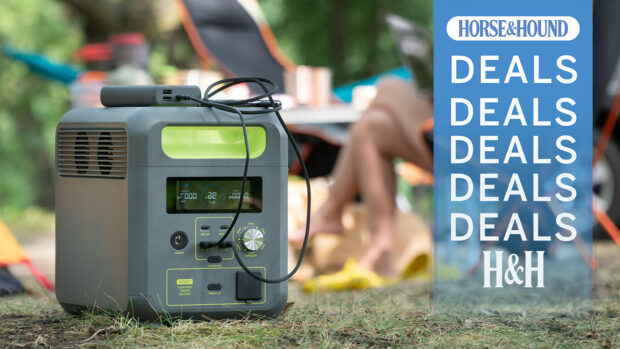Research has shown that horses react differently to being transported. Some cope well, others suffer stress, dehydration or even colic. Careful planning about your horse’s nutritional needs before, during and after the journey, can help make the journey relatively stress free.
Your horse uses the same amount of energy to travel 10 miles, as he does on a 10-mile hack. If the journey lasts longer than six hours, allow time to unload your horse and let him stretch his legs.
Where possible feed when stationary at your horse’s normal times, but feed less while travelling. Wet his feed, soak his hay or feed haylage to increase water intake and avoid dehydration.
Avoiding dehydration
It is essential that horses drink throughout their journey as well as on arrival at their destination. Horses are sensitive to taste, and water taste varies around the country. If travelling out of your area, take water with you.
Storage containers can alter the taste of the water – overcome this by adding Ribena, mint or apple food flavouring (two drops to a 14.5 litre bucket).
Keep replenishing with electrolytes after strenuous activity, especially if your horse continues to sweat after the event and on the journey home. If your horse only drinks water, he will continue to lose electrolytes and suffer from dehydration.
Avoid feeding hay until he has had some water and electrolytes as hay is high in potassium, but requires water for digestion.



